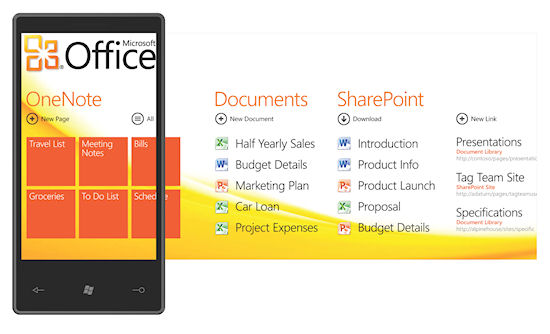The moment of truth
Having whetted our appetite all the way back at MWC in February, Microsoft will finally unveil the finished version 1.0 of Windows Phone 7 (WP7) at an event starting at 2pm GMT today, which we'll be attending.
Historically Microsoft's mobile operating system has been positioned against Nokia's Symbian and RIM's BlackBerry in higher-end phones, and was often the choice of smartphone specialists who didn't have their own OS, such as HTC.
That all changed when Apple launched the iPhone, with its OS and UI that revealed Windows Mobile as the shrunk-down PC OS that it was. Such was the paradigm shift imposed by Apple that it has taken three years for the rest of the world to catch up. Unfortunately for Microsoft and the other incumbents the first company to respond was another new entrant - Google.
The main reason its Android, rather than iOS, that is the single biggest competitive threat is that it goes after those same OEMs - who don't have their own OS - as Microsoft does. Principally these are: Samsung, LG, HTC, Sony Ericsson and Motorola.
While all of the above have already embraced Android pretty whole-heartedly, Motorola is the only one missing from the launch-partner list released in February. Recent litigious activity from Microsoft implies the relationship with Moto is unlikely to thaw anytime soon, but we can expect to see handsets from the other four of both the Android and WP7 varieties competing directly with each other on shelves and websites.
Some people are just going to buy an iPhone, and while the rest of the mobile world would like to ensure that proportion of the market remains as small as possible, the unique user experience Apple is able to create and maintain by controlling every aspect of the phone's hardware and software means it's a tough proposition to go head-to-head with. To a lesser extent the same is true of the other OSs that are unique to one brand: BlackBerry, Symbian webOS and, ultimately, MeeGo.










